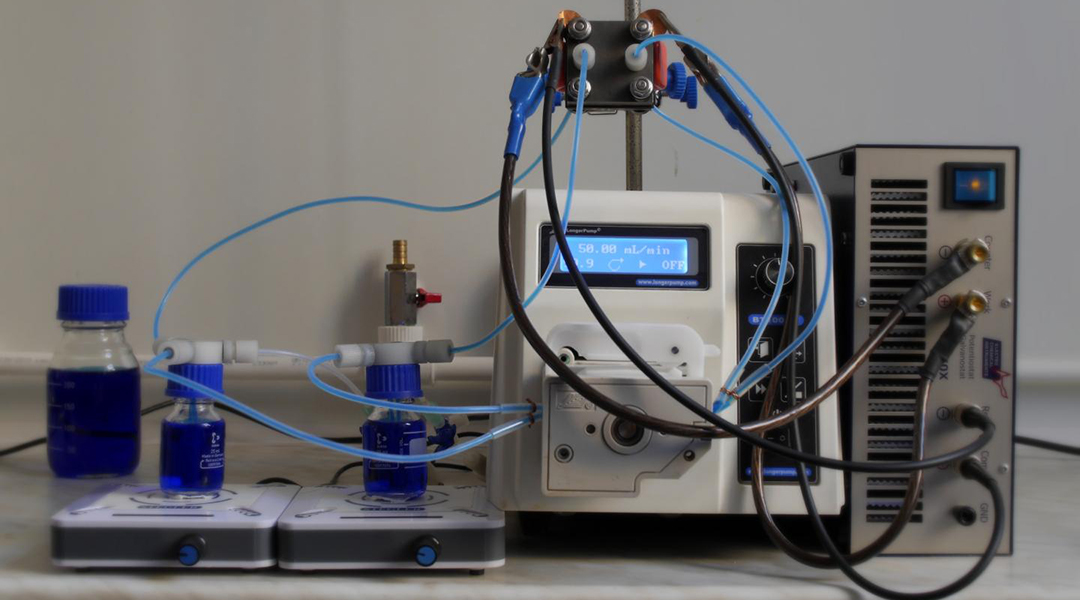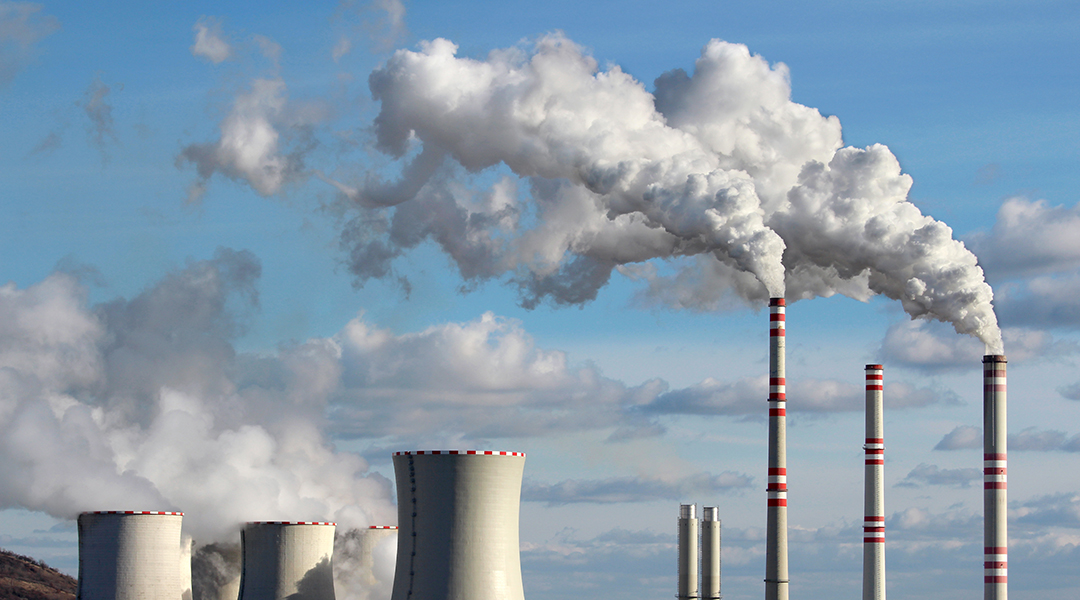A new design for vanadium redox flow batteries could help fundamental research and accelerate commercialization of this energy storage technology.


A new design for vanadium redox flow batteries could help fundamental research and accelerate commercialization of this energy storage technology.

Scientists need a new way to manage the increasing number of invasive species that cannot be stopped.

Growing momentum for decentralized climate policy and the falling costs of low‐carbon technologies are creating new climate change mitigation opportunities for subnational actors.

Researchers store energy in red bricks, providing a low-cost battery alternative to power a home.

Inspired by nature, researchers create a new kind of photoelectric generator based on a bacterial ion pump.

Researchers have created a high performance and selective activated carbon from the dairy industry’s excess milk for scalable carbon capture.

Computer simulations provide a better means of optimizing, predicting, and understanding experimental observations in the search for new battery materials.

Permafrost thaw is impacting the availability of North American water resources. To manage this precious resource, guidelines for using new investigative tools are needed.

Deliberate decline in carbon-intensive practices is currently taking shape as a new way to confront climate change.

Semi-transparent solar cells allow plants and solar energy to be efficiently generated on the same crop land.